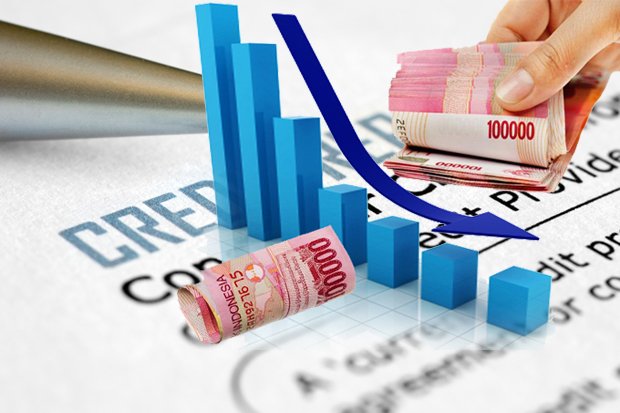In January 2025, Indonesia saw a significant dip in inflation. The Consumer Price Index (CPI) showed a deflation of 0.76% month-on-month (mtm). As a result, the annual inflation rate stood at just 0.76% year-on-year (yoy).
This was a sharp decrease compared to the previous month’s 1.57% yoy inflation. The main reason for the decline was lower administered prices, particularly a reduction in electricity tariffs.
The decrease in inflation is largely attributed to consistent policies by Bank Indonesia. There was also close coordination between the central government and regional authorities. This collaboration is managed through the National Movement for Food Inflation Control (GNPIP).
Core inflation remained modest in January 2025. It was recorded at 0.30% mtm, which was slightly higher than the 0.17% in December 2024. The rise in core inflation was mainly due to the price increase of cooking oil, gold jewelry, and rental costs.
On a yearly basis, core inflation stood at 2.36%. This was a slight increase from the 2.26% recorded in December 2024.
The volatile food group saw an increase in inflation. Inflation for volatile food rose to 2.95% mtm in January 2025, up from 2.04% in December. This was mainly due to higher prices for chili peppers and chicken meat.
The price increase was affected by heavy rainfall in major production areas. It also resulted in higher costs for poultry feed and seeds.
On a yearly basis, volatile food inflation surged to 3.07%. This was a significant increase compared to just 0.12% in December 2024.
The administered prices category, however, experienced deflation. The deflation was recorded at 7.38% month-on-month in January 2025. This was a major shift from the slight inflation of 0.03% in December 2024.
The deflation in administered prices was largely due to the government’s decision to cut electricity tariffs by 50%. This reduction applied to households with an electricity capacity of up to 2,200 VA.
Additionally, transportation fare normalization following the holiday period contributed to the overall deflation in administered prices. Year-on-year, administered prices showed a deflation of 6.41%.
Looking forward, Bank Indonesia remains optimistic about inflation control. The inflation target for 2025 is set between 2.5% ± 1%. The collaboration between the central and regional governments is expected to play a key role in achieving this goal.
PHOTO: MNC MEDIA
This article was created with AI assistance.
Read More






 Friday, 27-02-26
Friday, 27-02-26







